De porte en porte / Doorstep to Doorstep
In a post-pandemic world experiencing an ongoing labour shortage, essential workers in Québec work in the industries of agriculture, construction, transportation, health care, and social work—where, despite the risks, they have continued working long hours. Some of Canada’s most essential workers are also the most underpaid and undervalued. As a photographer and labour researcher who has organised with essential workers, Selena Phillips-Boyle has an intimate understanding of the challenges and lived reality of essential workers. Through their work they aim to explore labour through a collaborative, non-exploitative artistic relationship with each participant.
In Doorstep to Doorstep, Phillips-Boyle documents essential workers in Québec through a series of environmental portraits using medium format black and white film photography. They photograph each worker at the beginning and end of the work day—first at home getting ready, during the commute, and outside the workplace, contrasted in reverse order with the worker at the end of their shift. Documenting each worker as their day starts and ends creates a mirrored duplicity in the images, investigating the physical and emotional toll of labour on the body. In this project, Phillips-Boyle also explores how the nature of work has changed during the pandemic.
Phillips-Boyle photographs each participant using a Bronica Zenza camera on 120 Kodak Tri-X film—a film chosen due to its historic significance in documenting worker struggles. This project was supported through an artist residency at Gallery 44. Interviews were conducted in a mix of English and French. Translated quotes (either from French to English or from English to French) are in italics. English to French translations by Sophie Boivin-Joannette. French to English translations by Ariadne Lih.
[doorstep snaps] Click through for updates about this photo project.
1: project launch
2: project musings / réflexions du projet
3: residency journal / journal de résidence
4: vernissage
5: time to celebrate
6: open edition print
7: a little money for my art / un peu d’argent pour créer
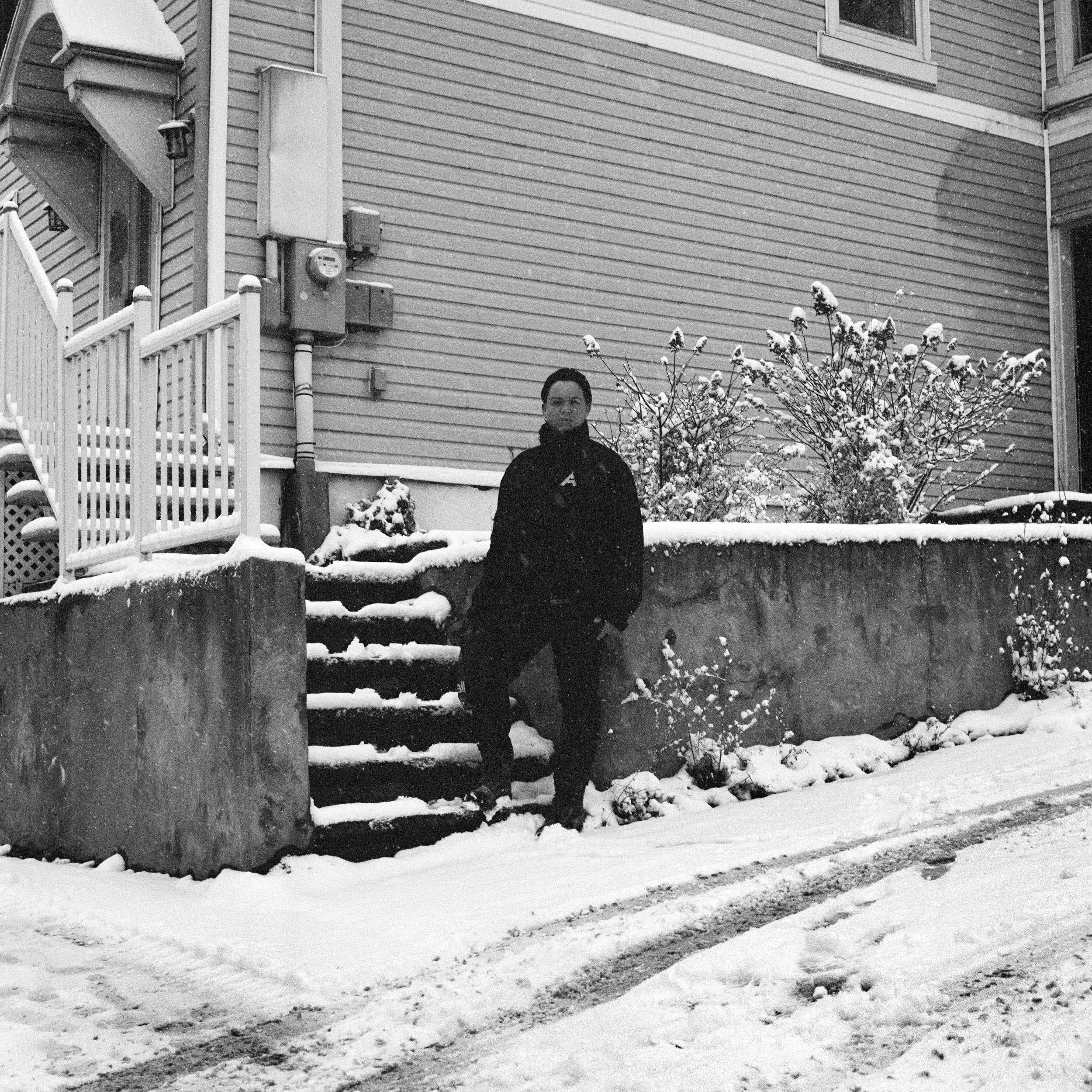
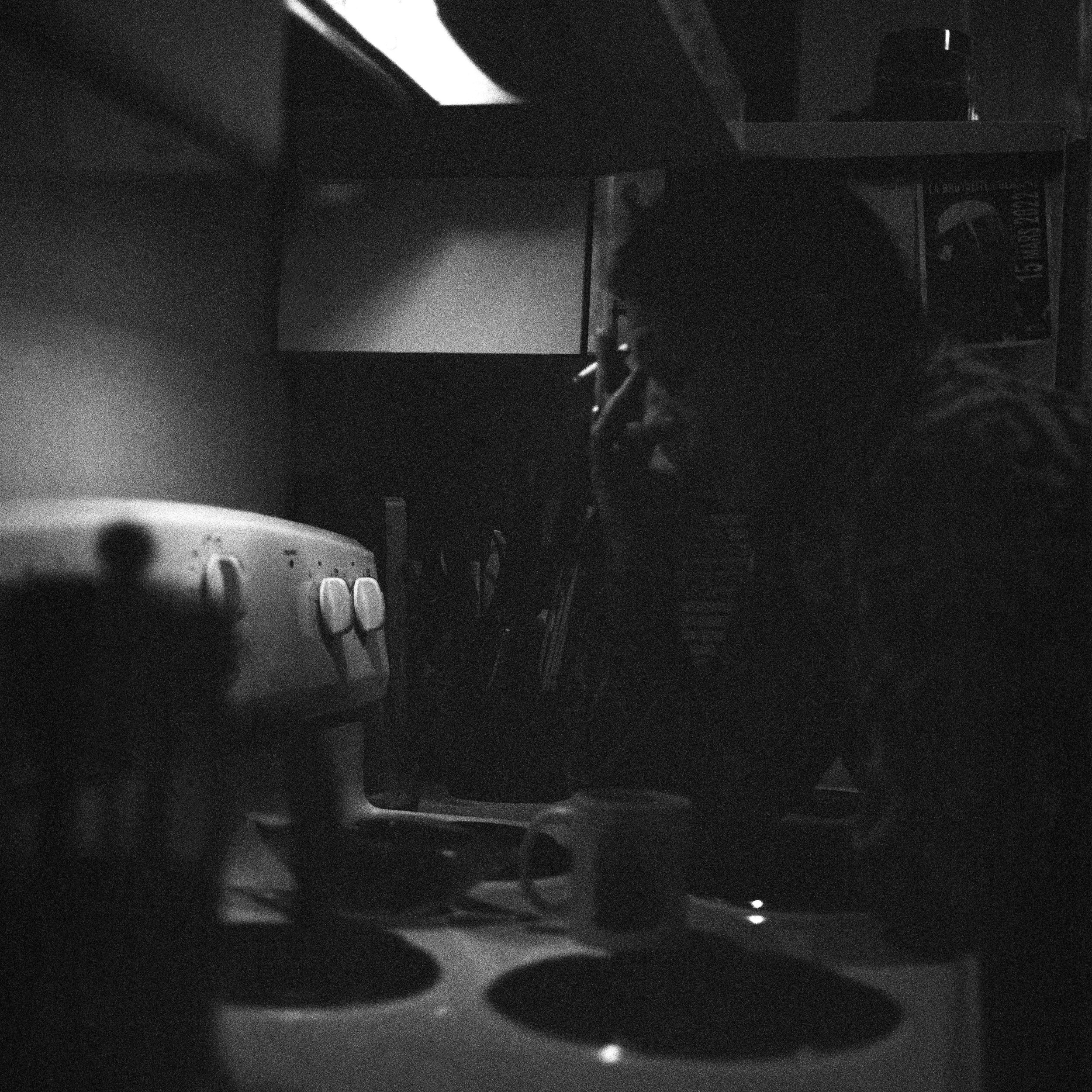
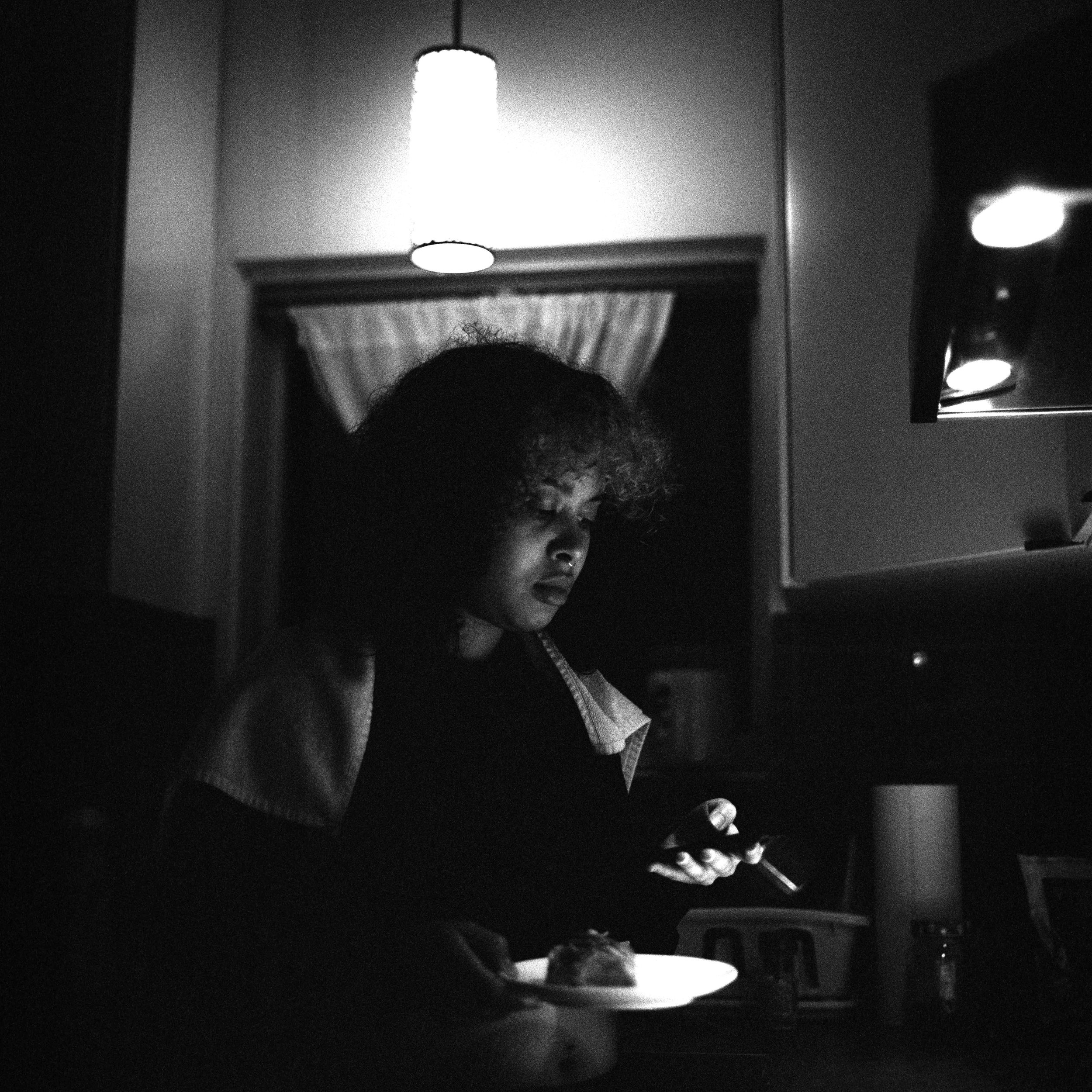
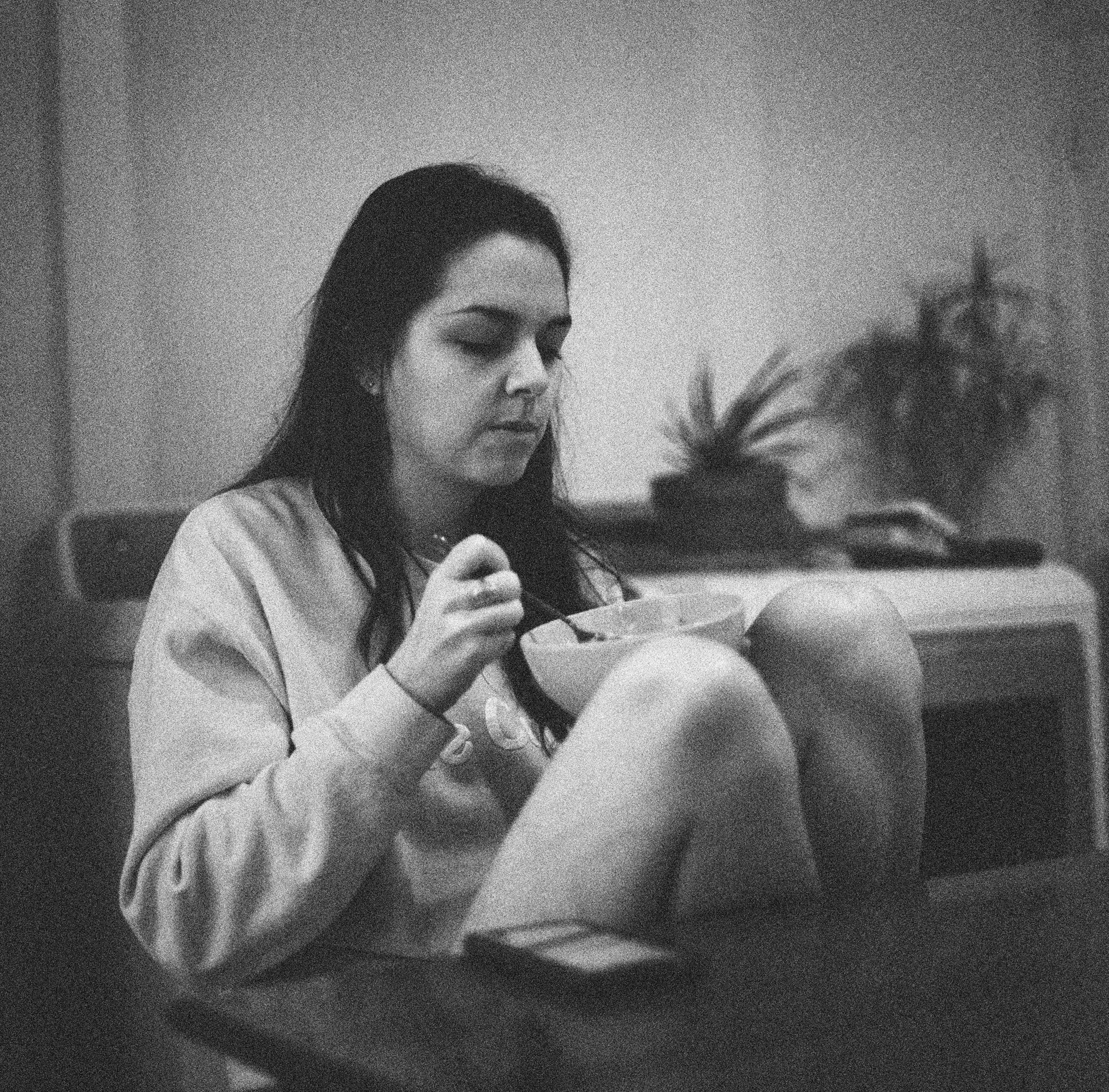
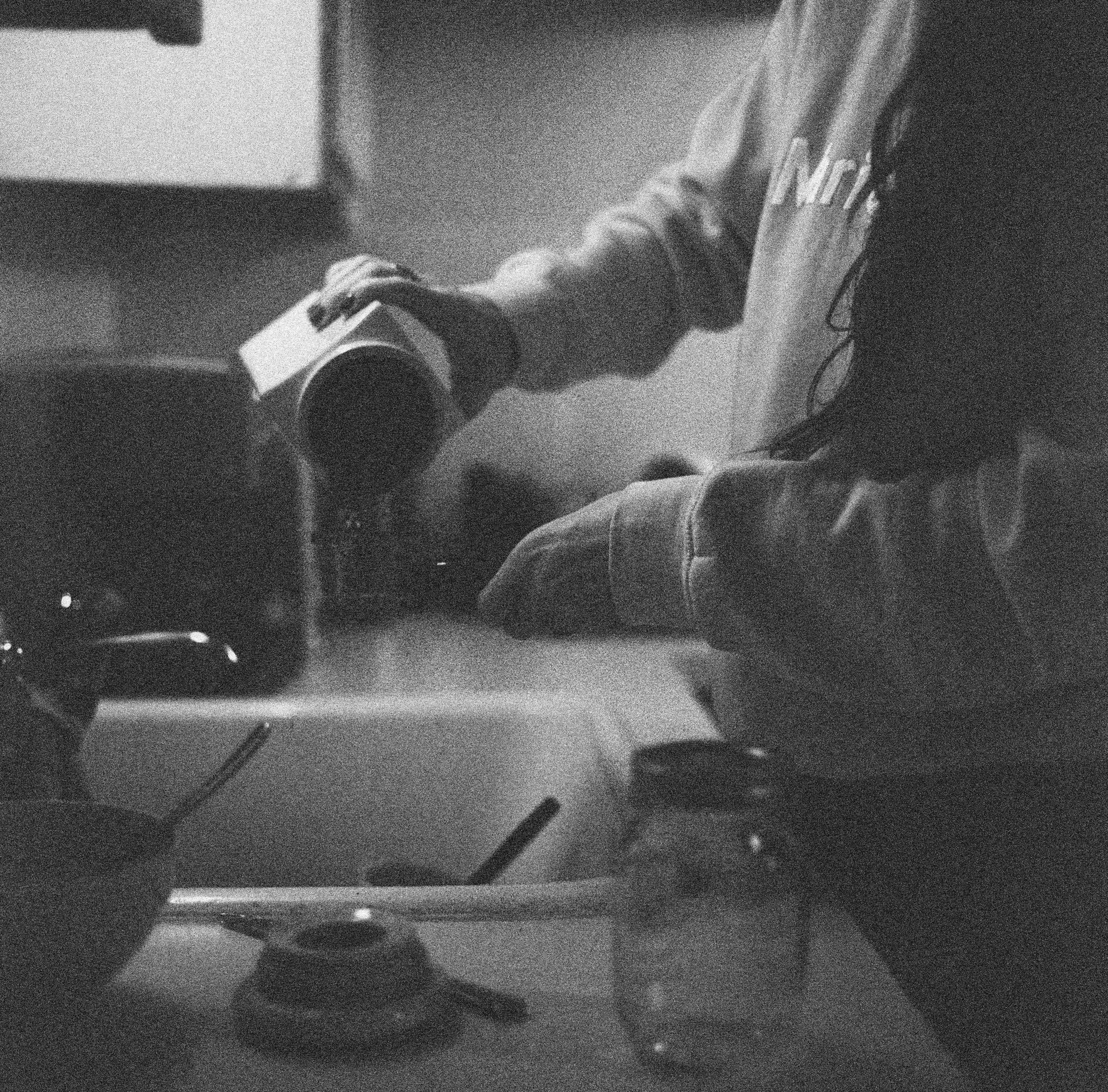
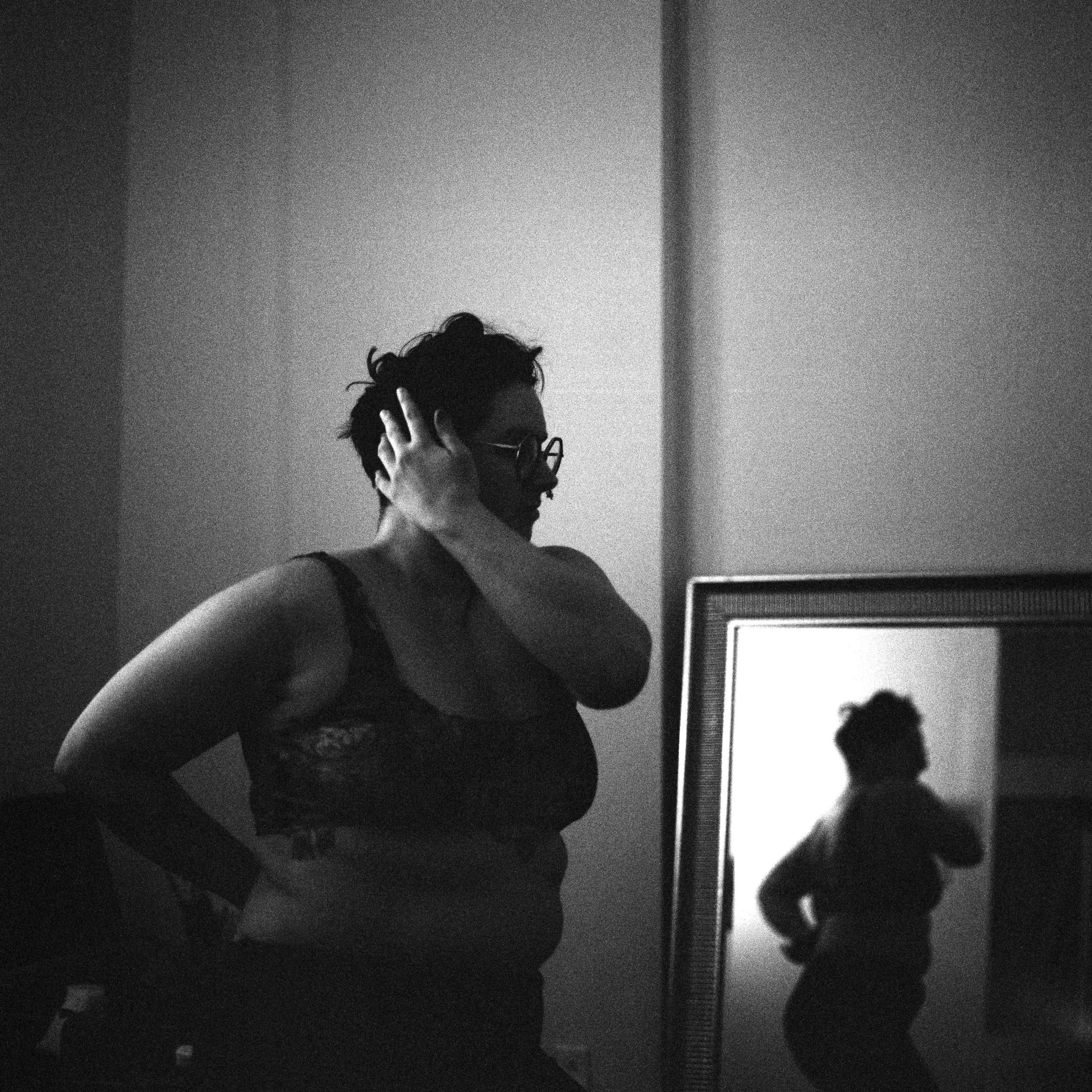
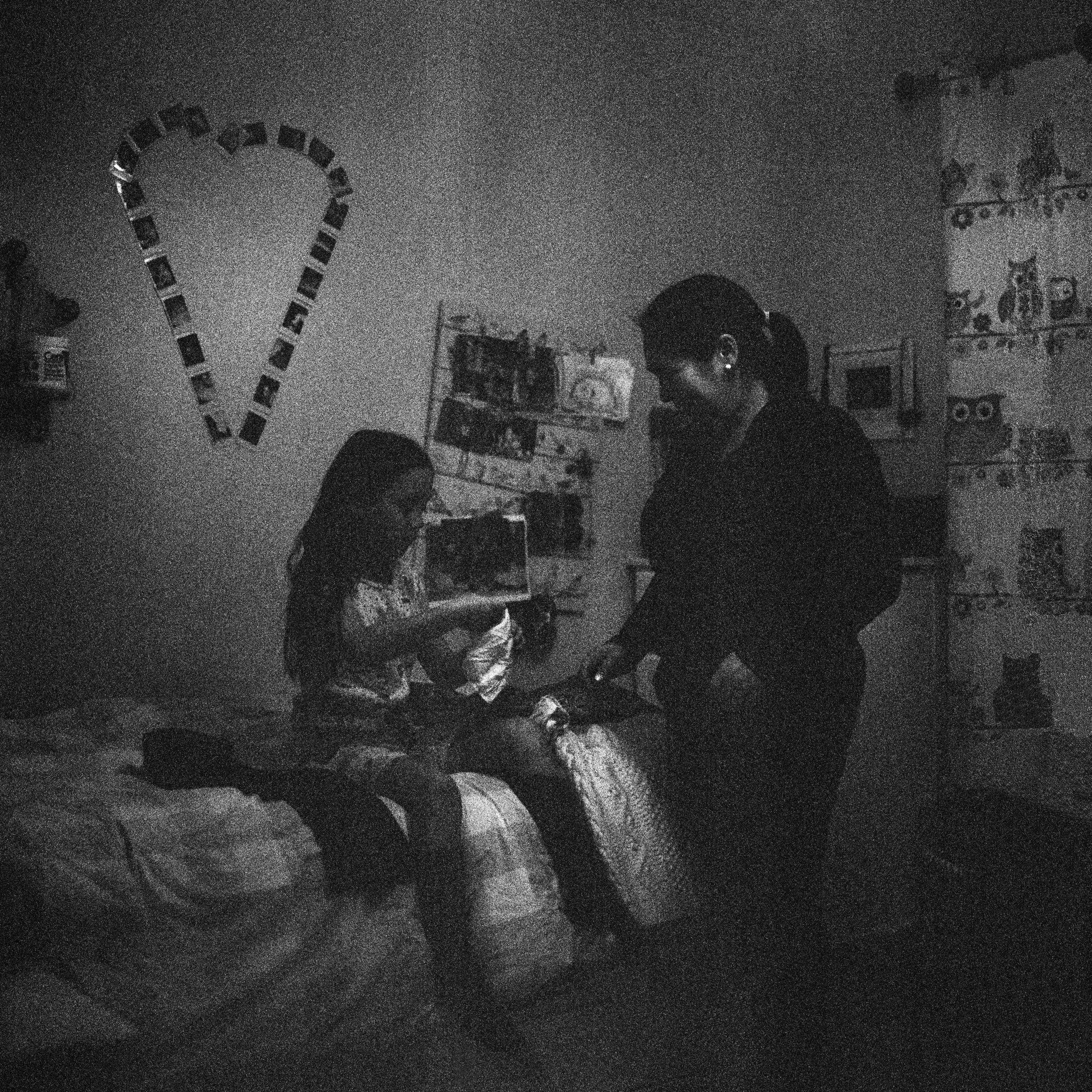
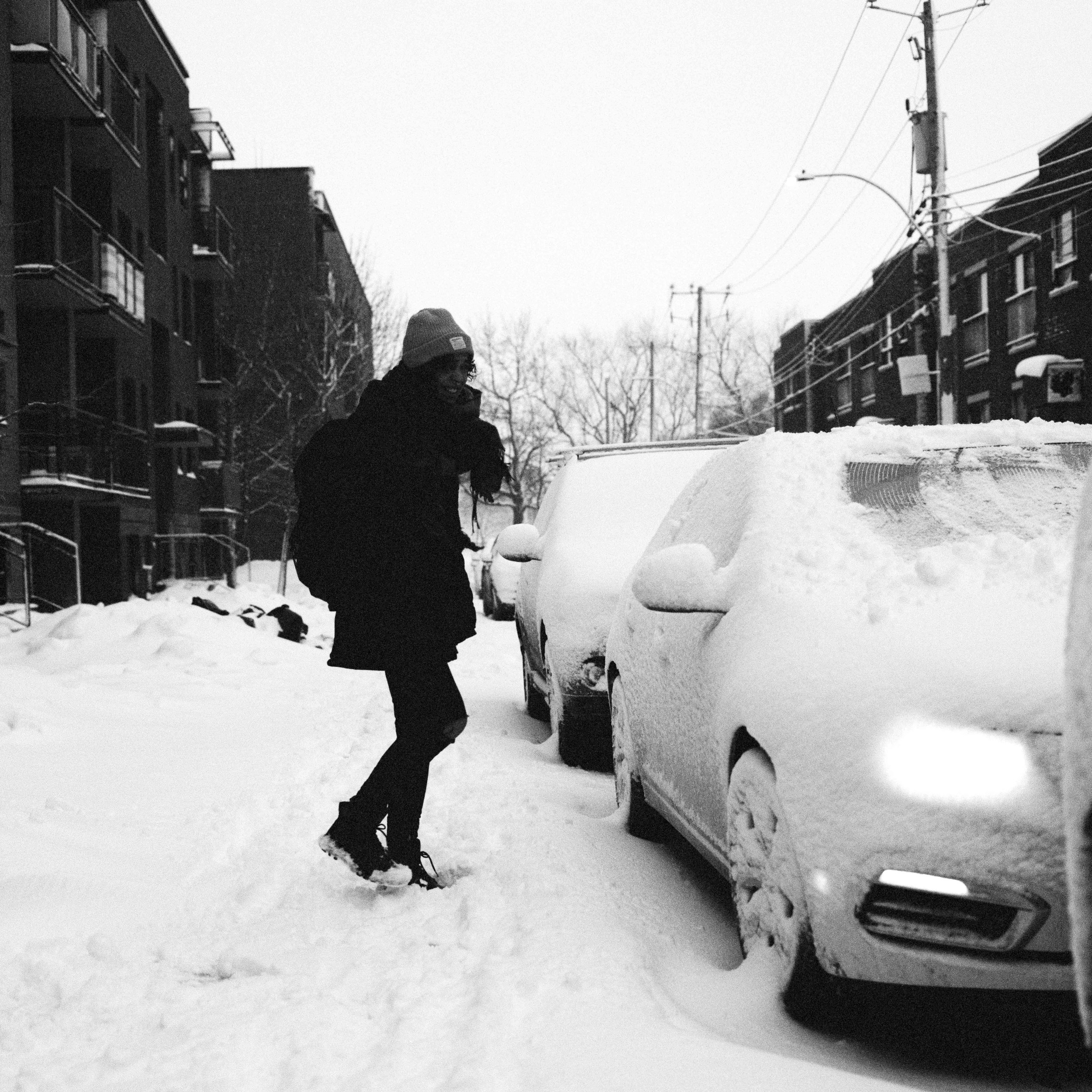
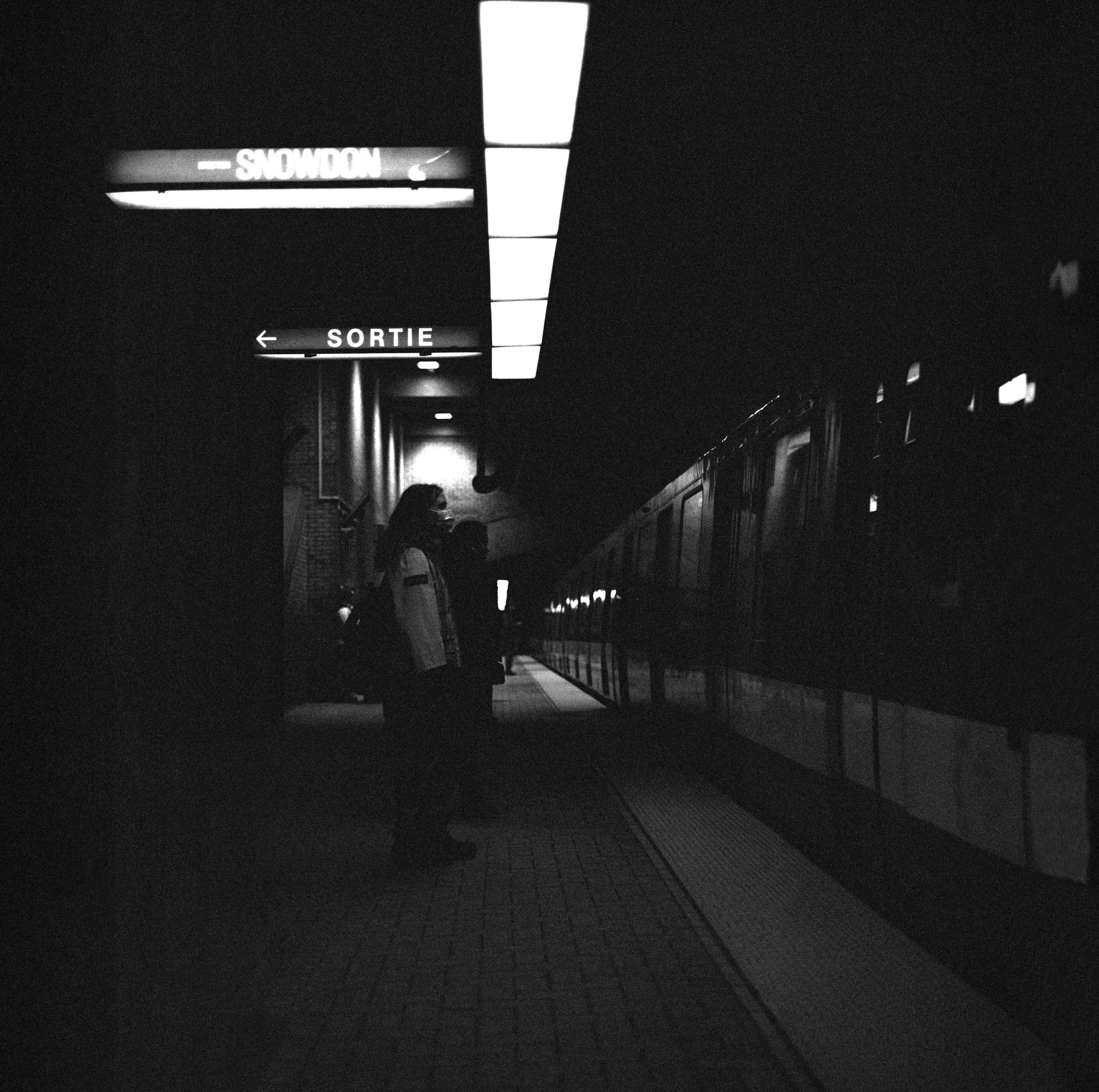
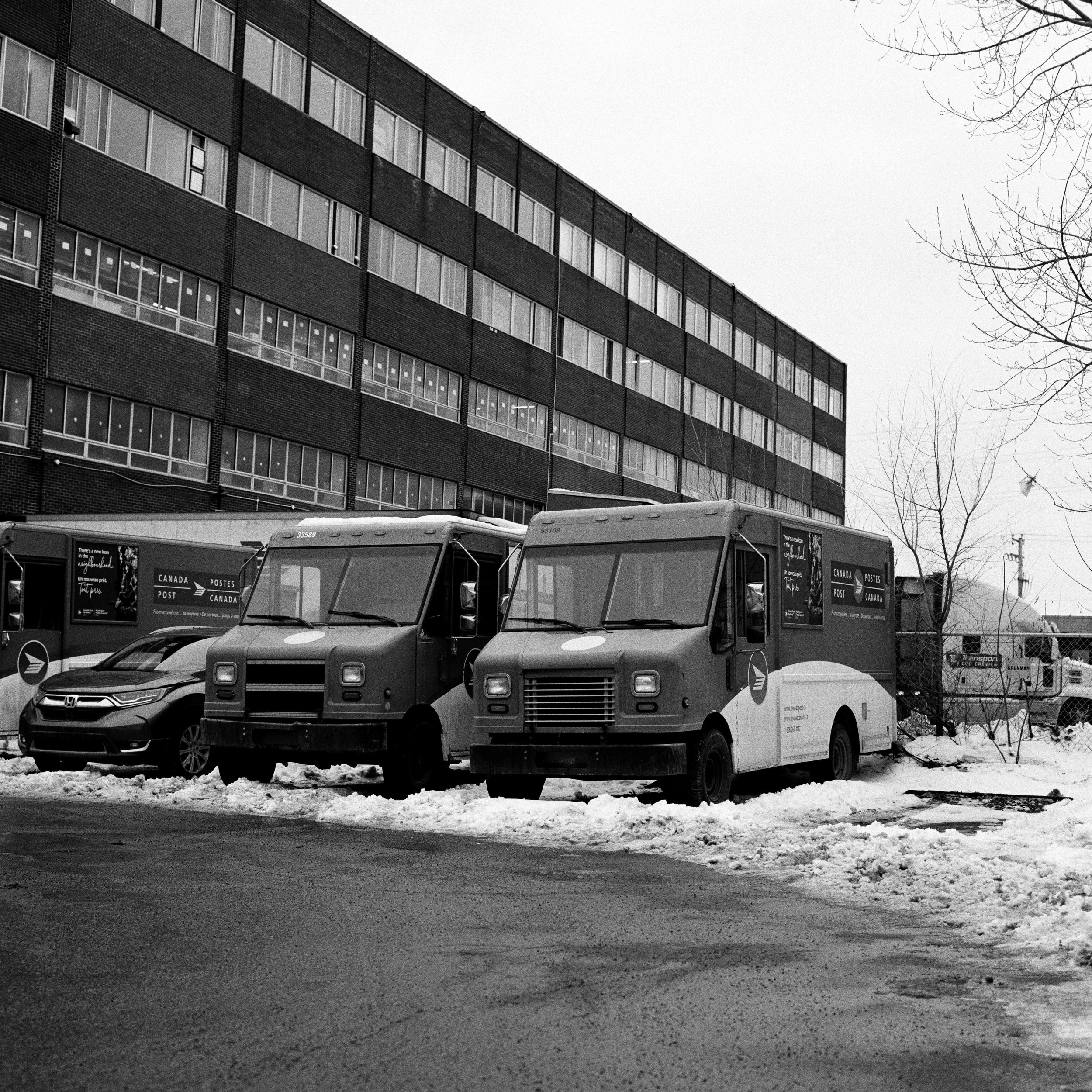
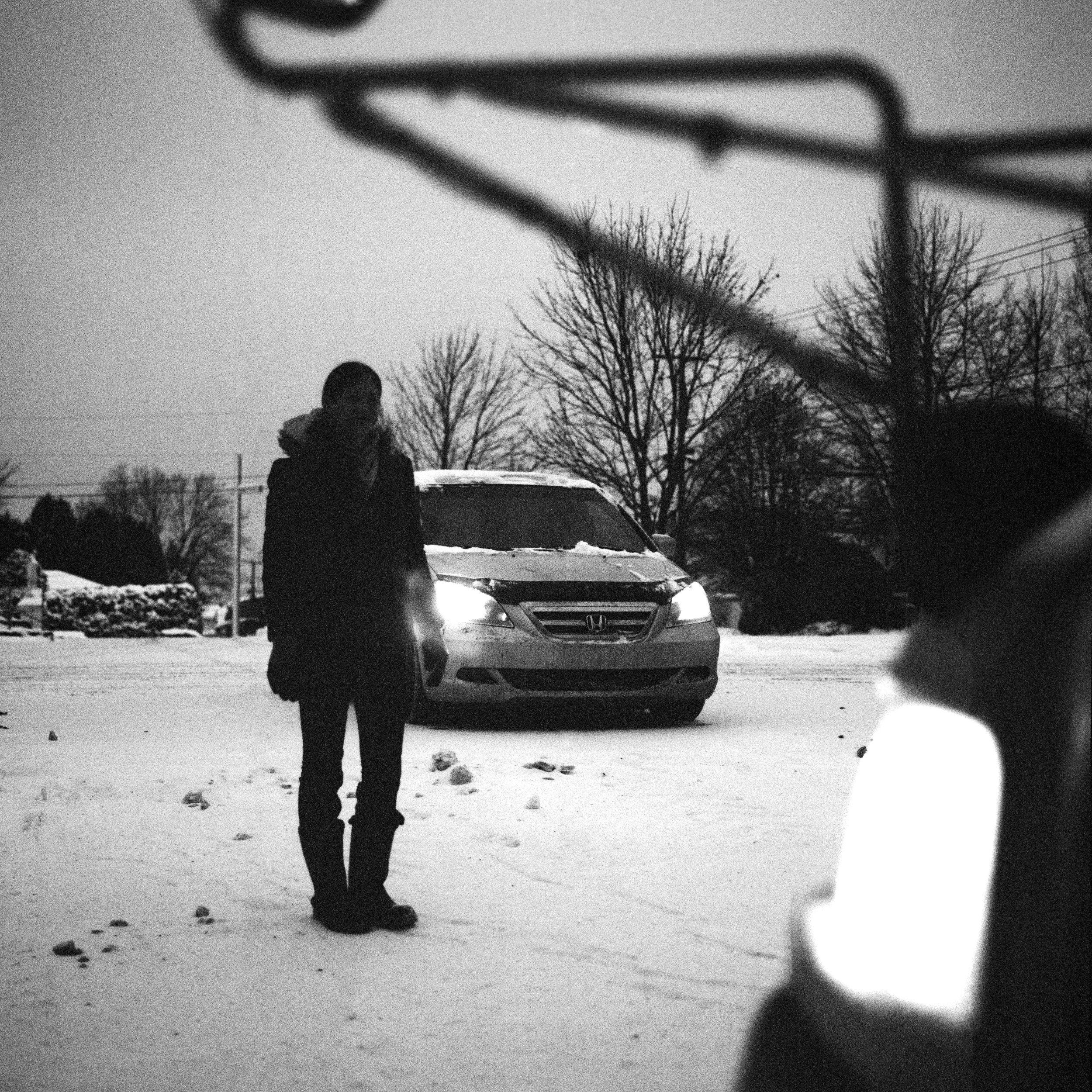
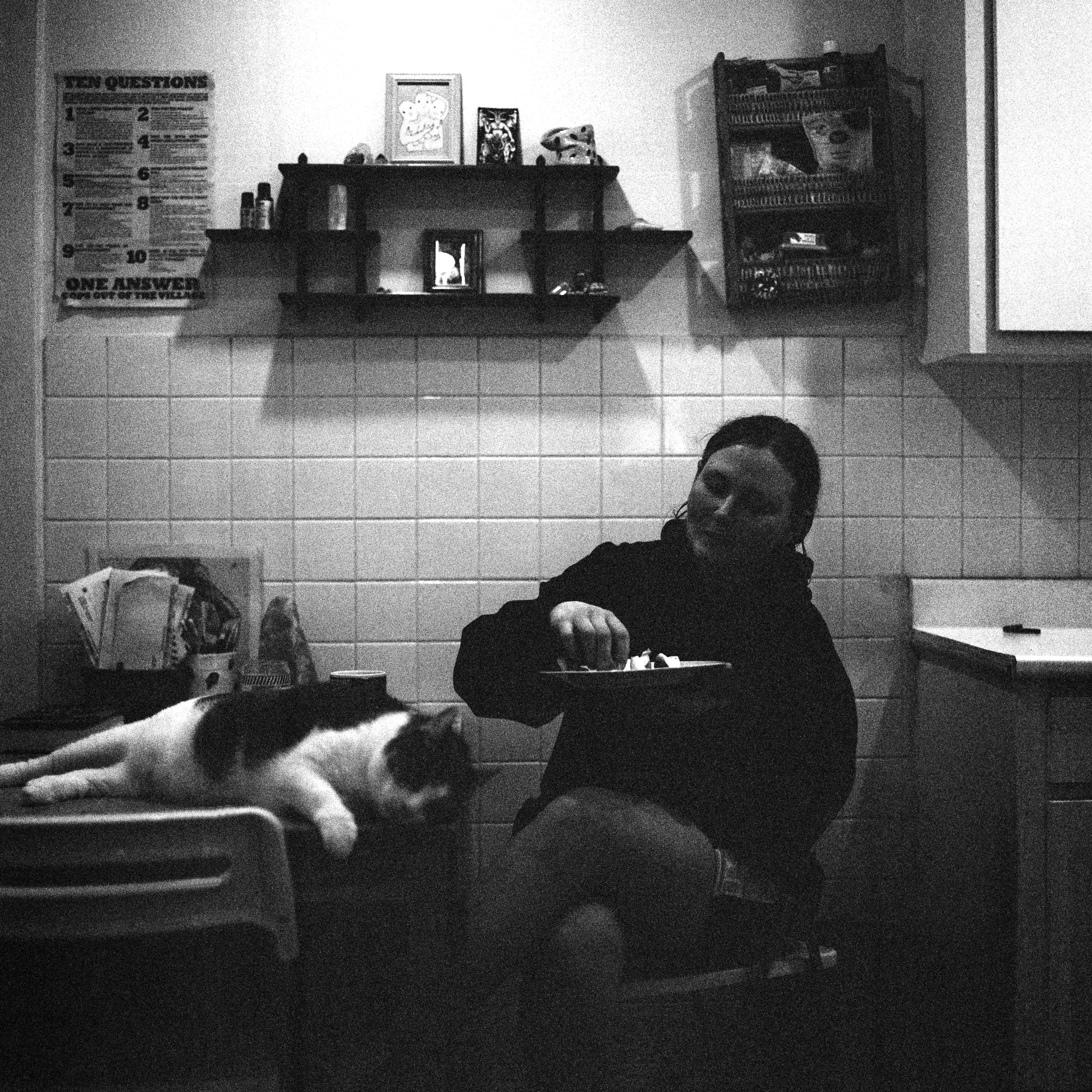
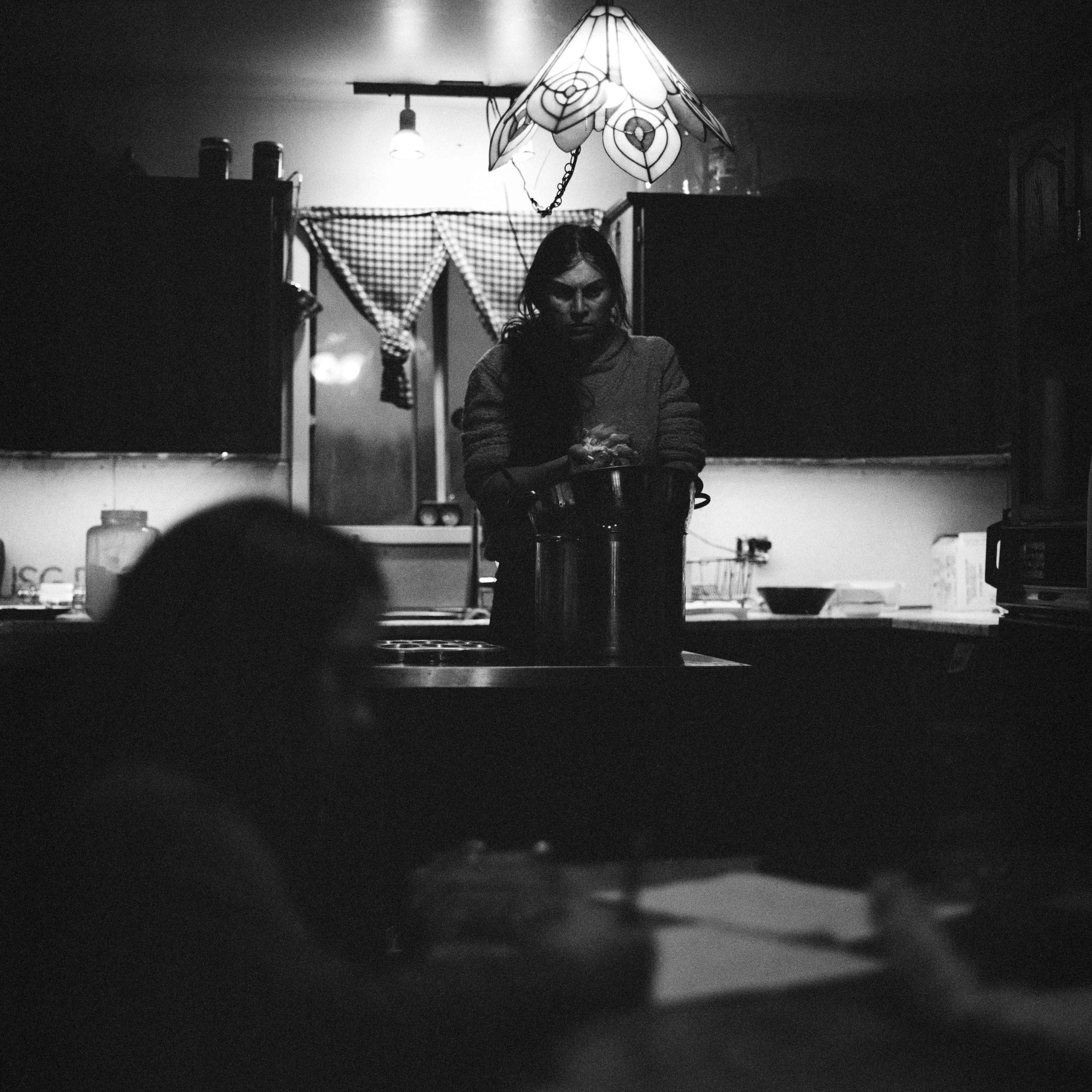
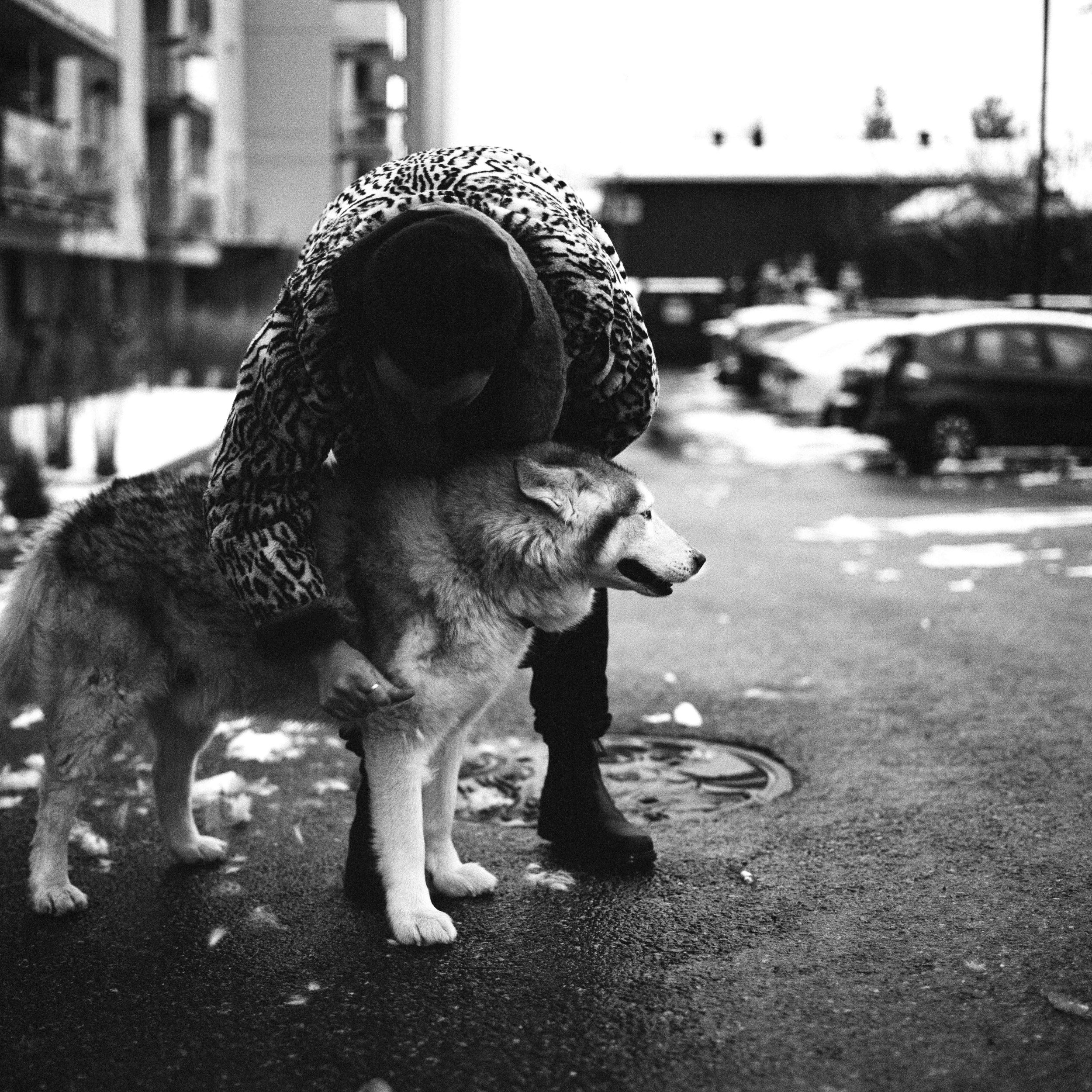
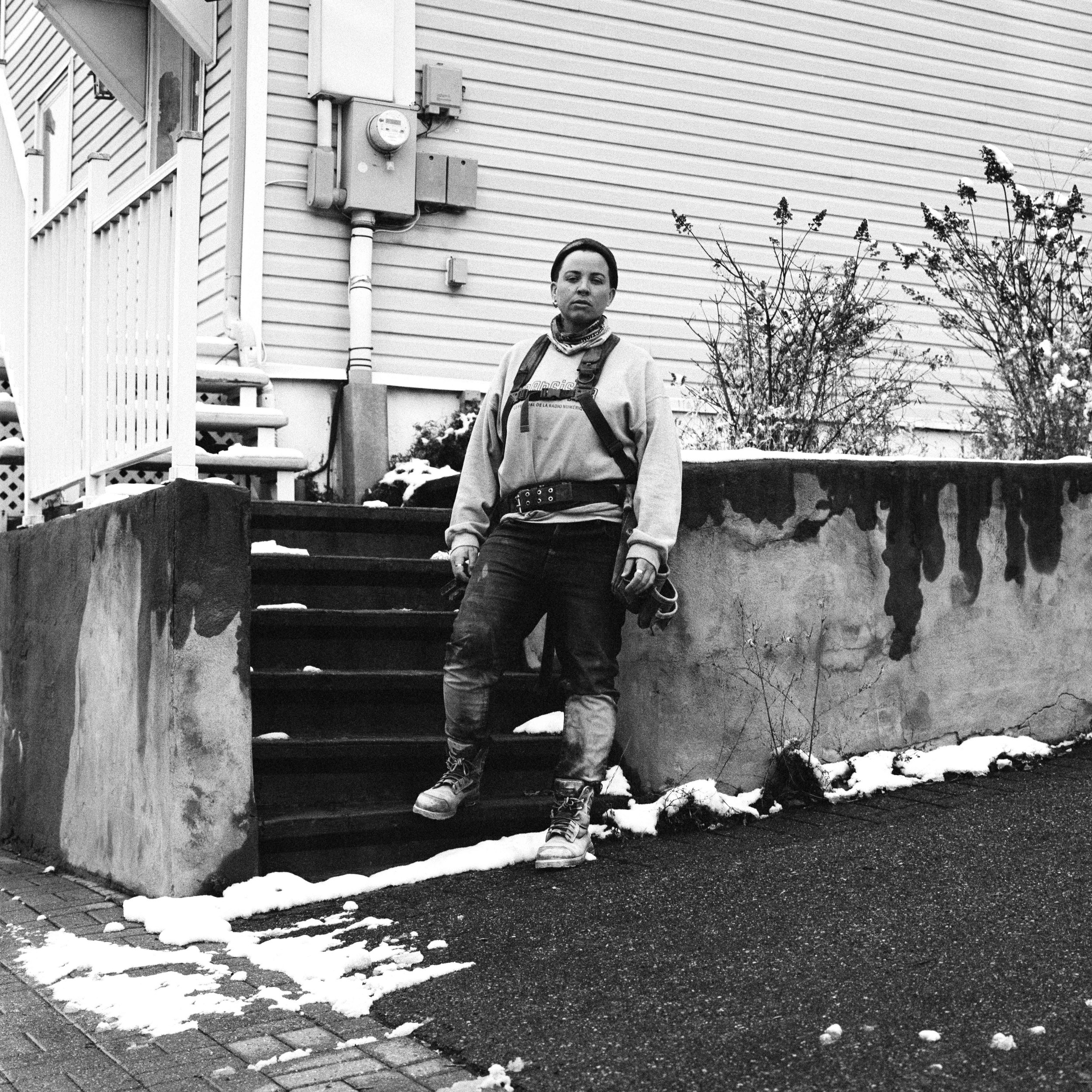
Dans un monde post-pandémie en pénurie de main-d’œuvre, les travailleur·euse·s essentiel·le·s du Québec continuent malgré les risques de consacrer de longues heures aux secteurs agricole, de la construction, des transports, de la santé et du travail social. Au Canada, certaines des personnes dont le travail est le plus indispensable sont aussi parmi les moins bien payées et les moins valorisées. Comme photographe, chercheur·e spécialiste du monde du travail et militant·e auprès des travailleur·euse·s essentiel·le·s, Selena Phillips-Boyle connaît intimement leurs difficultés et leur réalité. L’artiste explore les thèmes du travail en nouant avec chaque participant·e une collaboration qui rejette toute forme d’exploitation.
Dans le cadre du projet De porte en porte, Selena Phillips-Boyle raconte l’expérience de travailleur·euse·s essentiel·le·s au Québec par une série de portraits environnementaux argentiques de format moyen, réalisés en noir et blanc. Chaque personne est photographiée au début et à la fin de la journée : chez elle avant de partir, en route vers le travail et devant son lieu de travail, puis dans l’ordre inverse au retour. Ce processus crée un effet de dédoublement miroir, point de départ d’une enquête sur les répercussions physiques et affectives du travail sur le corps. L’artiste en profite aussi pour explorer l’évolution du travail depuis la pandémie.
Selena Phillips-Boyle photographie chaque participant·e à l’aide d’un appareil Bronica Zenza sur la pellicule Tri-X 120 de Kodak, choisie pour son importance historique dans le travail documentaire autour des luttes syndicales. Ce projet a reçu l’appui du centre Gallery 44 sous forme de résidence artistique. Les entrevues ont eu lieu en anglais et en français; les citations traduites (de l’anglais au français et vice-versa) sont en italiques. Traductions de l’anglais vers le français : Sophie Boivin-Joannette. Traductions du français vers l’anglais : Ariadne Lih.
We acknowledge the support of the Canada Council for the Arts.
Nous remercions le Conseil des arts du Canada de son soutien.

